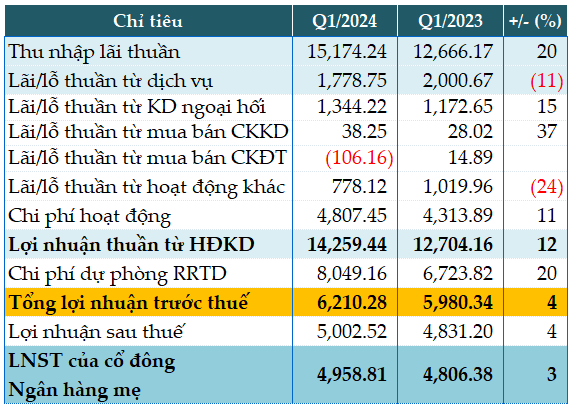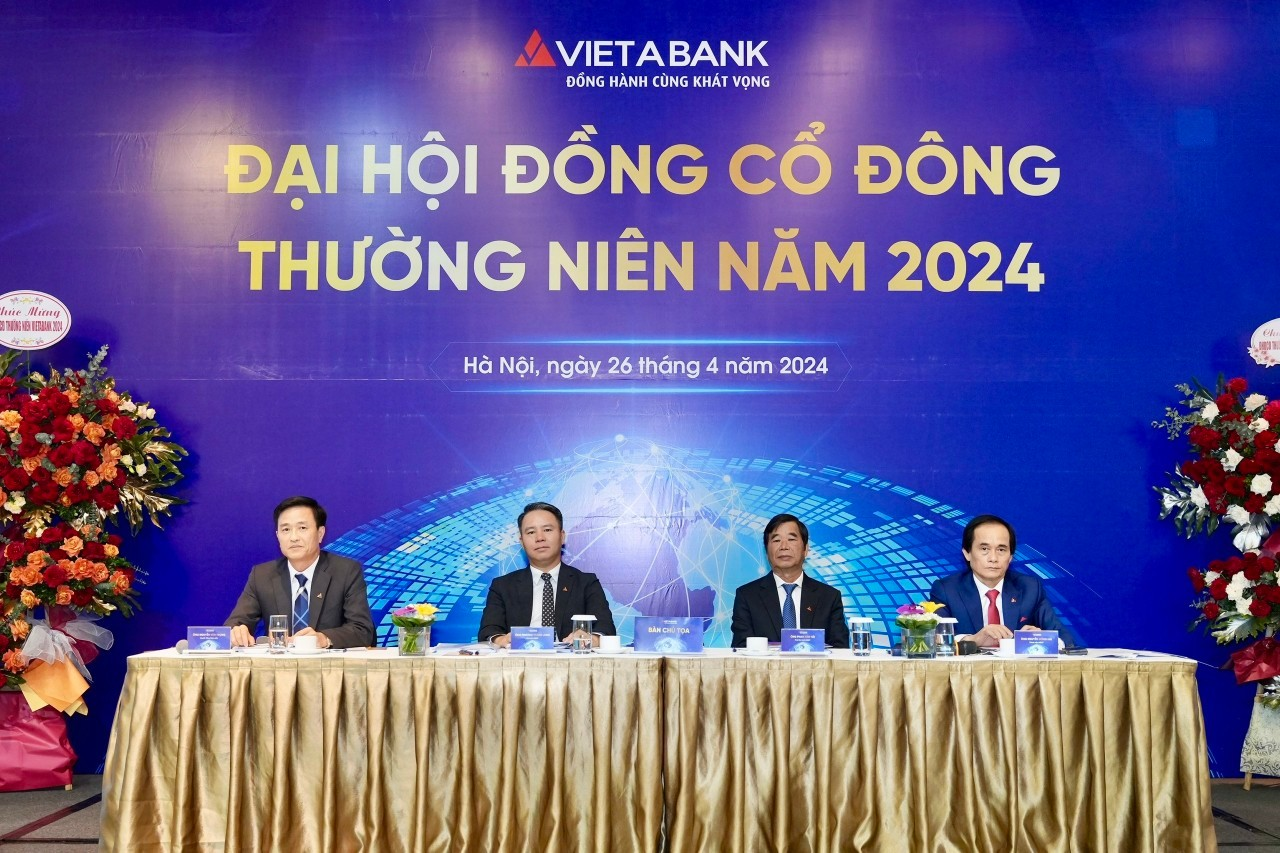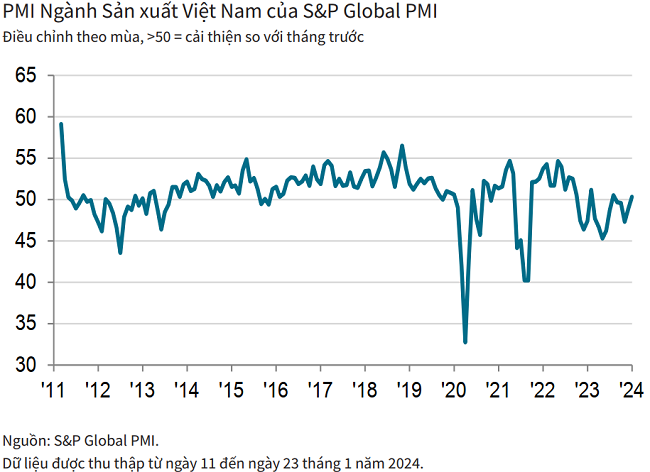Japan suffers painful defeat at home
Recently, Vietnamnet newspaper quoted information from Insideev that published an unexpected article, causing a stir in the Japanese auto industry when, for the first time, a Chinese electric car won the “Electric Car of the Year 2023” award in Japan. Another Chinese electric car, the Byd Atto 3, ranked third. The Hyundai Kona electric car from South Korea came in second place. The top 3 most outstanding electric car models in Japan 2023 do not belong to any Japanese domestic automaker.
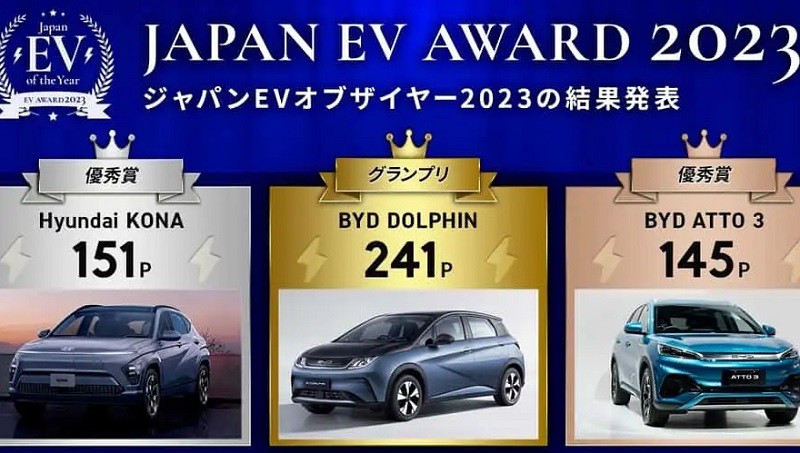
Photo: Insideev
Despite being one of the world’s largest car exporters, Japan’s demand for fully electric cars is extremely low. In the first half of 2023, pure electric cars (excluding hybrids) accounted for only 2% of Japan’s new car sales. This has created opportunities for electric car manufacturers from other countries, and it is understandable that Japan has lost its top 3 most outstanding electric car models of the year to China and South Korea.
Losing ground due to slow response
In an era of increasingly popular electric cars, Japan, a giant in the automotive manufacturing industry, is not on the list of leading electric car manufacturers today. According to data from Bloomberg quoted by Bao Thanh Nien, no Japanese automaker made it into the top 20 global electric car manufacturers, while Tesla ranked first, followed by BYD of China and Volkswagen of Germany.
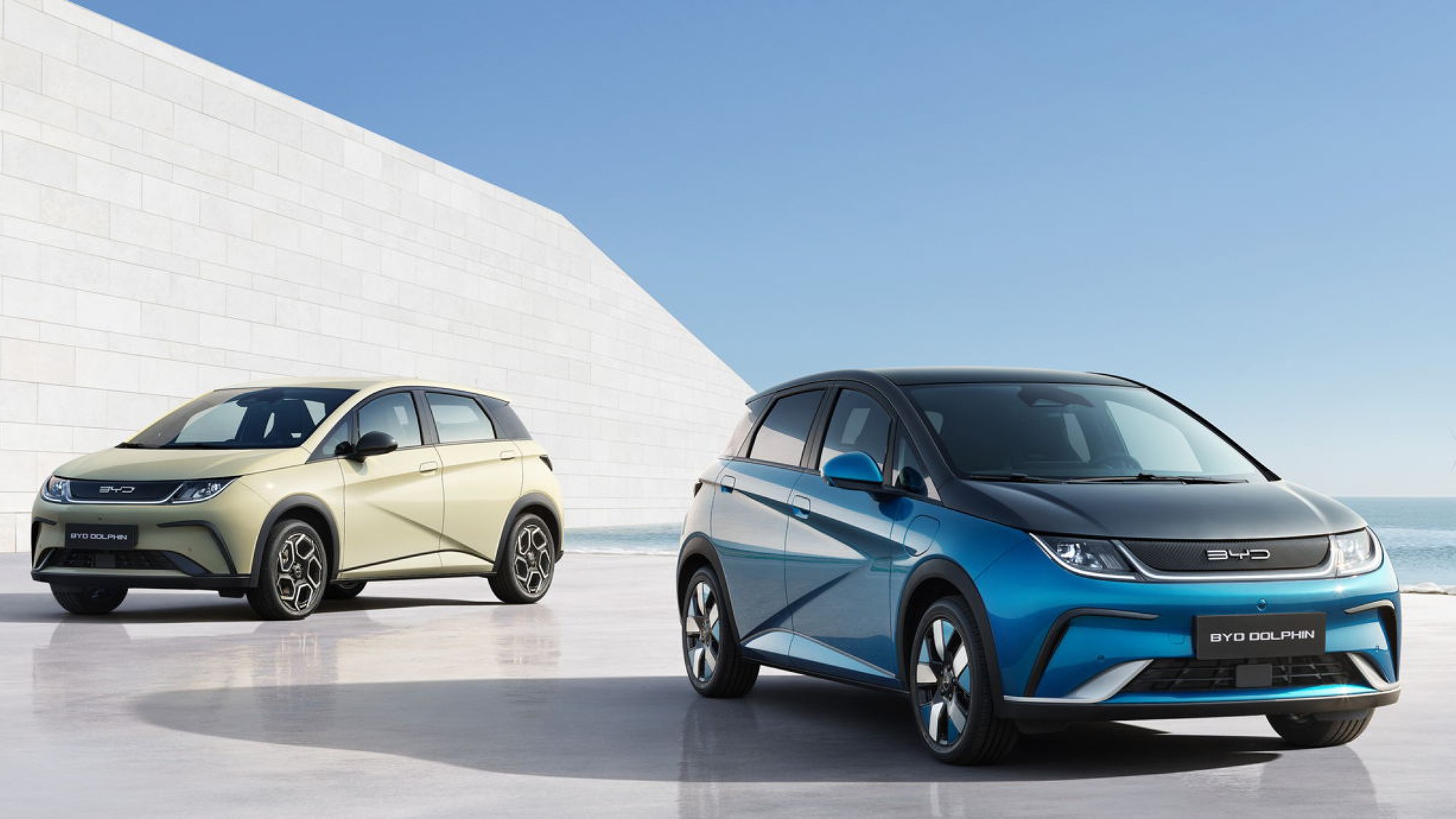
China is dominating the electric car market. Photo: BYD
“If Japanese automakers continue to be cautious and indecisive in the electric car field, their failure in the global car market will be a matter of time,” stated Yale Zhang, CEO of Automotive Foresight consulting firm, according to Bloomberg, as reported by Nhip Song Thi Truong.
So what is the reason why Japan is slower than its competitors in developing electric cars?
One of the main reasons why Japan is lagging behind in the electric car race is that Japanese automakers focus on hybrid cars. Japanese car manufacturers consider hybrids to be more efficient than electric cars, partly due to the high cost of electric car batteries.
However, there is a fact that electric cars are becoming more important as countries strive to reduce greenhouse gas emissions. Electric cars have fewer components than conventional gasoline cars, allowing new car manufacturers like Tesla and BYD to easily enter the car market.
Currently, giants like Volkswagen, Ford, and GM, along with emerging companies like Tesla, Rivian, and BYD of China, are dominating the electric car market. Japan’s excessive focus on hybrid strategies has resulted in their automotive industry lagging behind.
According to Bao Thanh Nien, based on a report from the Climate Group in 2022, Japan could lose 50% of its car export volume, over 14% of its GDP, and nearly $700 billion (80 trillion yen) in profits by 2040 if it does not quickly embrace the ongoing electric revolution in the global automotive industry.
Giant awakening?
Faced with the need for change, Japanese car manufacturers are actually slowly shifting towards electric cars, albeit belatedly, but better late than never.
Toyota has completely changed its production plan, focusing on developing new electric car models and has achieved initial success by selling all 1,000 Toyota bZ4X in Thailand in just 1 hour on November 2022. Nissan is also planning to launch electric versions of its popular models, Nissan X-Trail, Juke, and Qashqai, from 2025 to 2027, promising an impressive experience with a range of over 500 km and fast charging speeds of up to 40 kW.
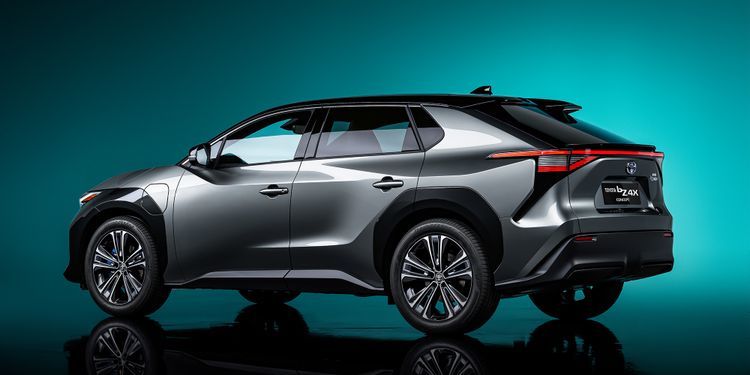
Toyota’s electric SUV has a very appealing appearance. Photo: HotCars
In addition to the efforts of each car manufacturer, the cooperation between Sony and Honda in the luxury electric car sector is also a bright spot. This alliance is expected to launch electric cars in 2025, promising to create strong competition with international rivals such as Tesla, Volkswagen, or Chinese electric car manufacturers.





















